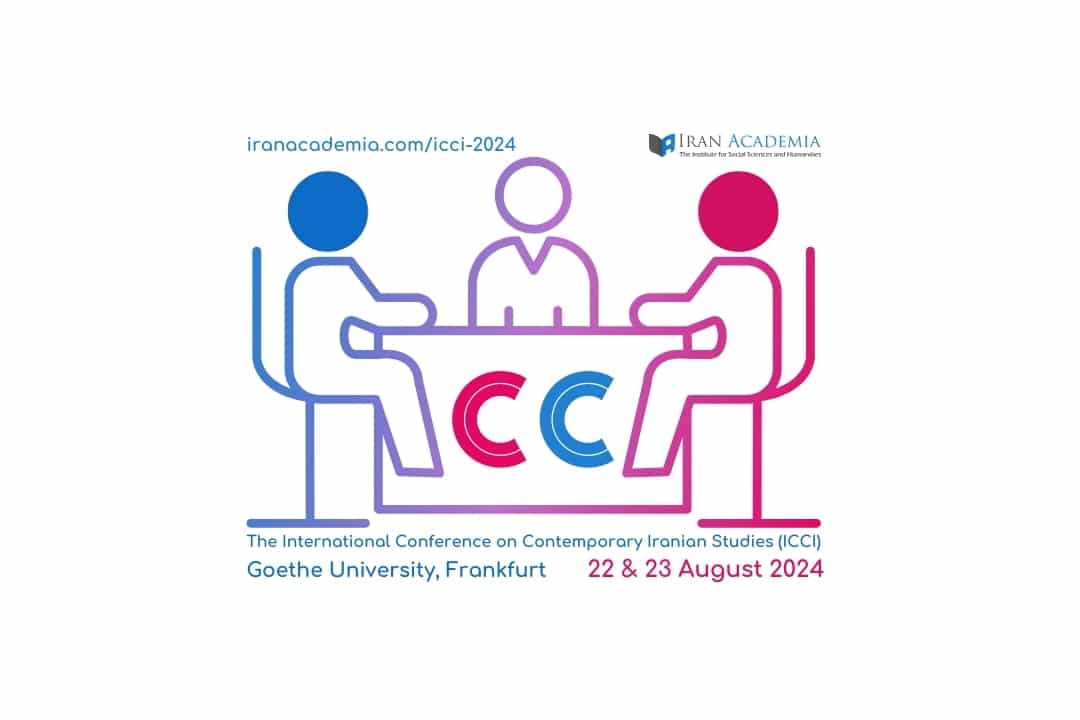Fahimeh Azmoudeh
How Gender Identity in Iranian Society Based on Dramaturgy Theory
Zahra Bagherishad
The New Alternative Masculinities among Iranian Young Men
Moderator: Zeynab Peyghambarzadeh
Abstracts
Fahimeh Azmoudeh
How Gender Identity in Iranian Society Based on Dramaturgy Theory
Generally, identity is the person’s perception of himself in the society. Identity is sometimes exposed to inconsistency and challenge both for women and men. Different views have been expressed about the emergence of this challenge. According to this article, if conflicting identities perceive a big difference between what they define themselves with (potential identity) and what they are known in interaction with other people (actual identity), against this different social view, by neglecting their position and by displaying new identity and behavioral characteristics, they either suffer from alienation, acceptance of the situation, and rejection or they pursue struggle and resistance. In Iran, female identity faces a dual existence. A major part of these dualities and confusions is caused by the conflict between tradition and modernity, which has influenced their behavior and social and political approaches. This problem has been shown in the women’s resistance framework and movements in the last two decades. With the boldness of modern elements, women follow resistance and fight by displaying new identity and behavioral characteristics. Therefore, in this research, the relationship between gender and the political and social behavior women is investigated in order to understand the interaction of Iranian women by showing the society scene as a theater scene and then the noticeable and significant changes in their social and political behavior should be explained. In fact, within the framework of Goffman’s dramaturgy theory, Iranian women seek to acquire their new social and political identity to change their position. Therefore, in order to achieve this goal present a desired image to others and control their actions, Iranian women use education, optional clothing, celibacy, opposition to social rules and norms, and active participation in political and social movements. Finally, they seek to achieve themselves and their desired political subject, in the action framework in the social scene.
Zahra Bagherishad
The New Alternative Masculinities among Iranian Young Men
The current study has been analysing and discussing the rise of alternative masculinities among the younger generation of Iranian men, with the focus on the protest action of part of Iranian social media users to Romina’s honour killing as a case study. This interpretative research was conducted using thematic analysis within a perspective of intersectionality, and the case study in this research is built upon analysing material of the against honour related campaign following the hashtags #NoBelieveInHonour, # IOwnNoNamus and #ManWithoutNamus on Facebook, Instagram and Twitter. The study argues how young Iranian men are taking initiative to combat violence against women and achieve gender equality. The result demonstrated that among the generation of young, educated and secular men who are against the Islamic Republic in Iran and are more familiar with the values of modernity and gender equality under the influence of globalization and digital media, alternative masculinities have emerged in a small section of society. Reacting against the concepts of namus is one of the most difficult and controversial areas for men in traditional societies, as they feel that their masculine authority is being further questioned by criticizing and tarnishing the culture of honour and sexual restrictions. Therefore, the fact that men are willing to radically critique the concept of namus in this way can be a hope that feminist values have developed among these men.


